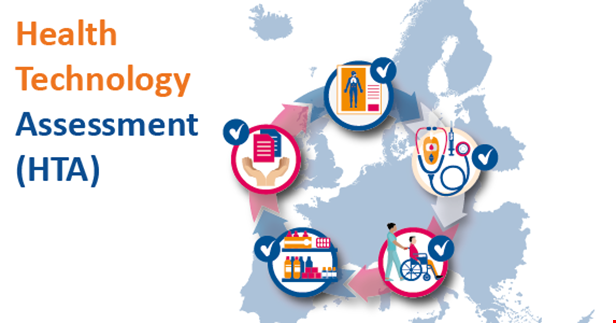HTA: Advancing Towards EU Collaboration
 ©EPF
©EPF
The results of the recent Health Technology Assessment (HTA) consultation confirmed the need for a sustainable EU collaboration on HTA beyond 2020, echoing EPF’s recommendations on stronger and deeper cooperation between Member States. Will this be taken over by the coming Commission’s proposal?
The results of the consultation came out as an emphatic call for more EU collaboration. Responding to the 87% who expressed themselves in favour of a more collaborative approach, the Health Commissioner Vytenis Andriukaitis declared that the coming Commission’s proposal on HTA would foresee provisions on the definition and specifics of the yet-to-be-defined cooperation. EPF strongly welcomes this statement, as it mirrors our calls for a mandatory collaboration between national HTA agencies.
Involving patients and patient organisations in the HTA process can prove to be challenging due to the diverse and conflicting interests represented in this multi-disciplinary process.
However, behind these challenges lays a silver lining. We see a window of opportunities for the patient community across Europe to rethink patient involvement in HTA.
Some Members States already do involve patients in their HTA processes, while many others limit involvement to specific cases, or sadly others don’t do it at all, resulting in the absence of patients’ views when it comes to reimbursement decisions.
EU-wide collaboration in HTA might look like opening the Pandora box, because of this scattered landscape, but it could also lead to a much improved and efficient approach: local and national good practices exist and can be replicated, and tools are available to rethink and standardise principles of patient involvement across Europe.
A great example is the eBook “Patient Involvement in HTA”, just issued this month and edited by Karen M. Facey, Helle Ploug Hansen and Ann N.V. Single, to which EPF contributed. Targeted at academics and HTA professionals, this book looks at conceptual, political and ethical aspects, research methodologies, and features good practices of patient involvement.
Another potential good practice is the initiative developed by the Spanish Network of HTA Agencies, that recently celebrated its 10th anniversary. Launched in March, this initiative called Patient Involvement Strategy includes short, medium and long -term actions and foresees an incremental involvement of patients with the long-term objective to achieve involvement in all HTA reports.
The initiative includes many other tools, like training materials, adaptation of methodologies, production of lay summaries and also plans on initiating some interactions with the Network of Health Schools for Citizenship.
EPF will continue its engagement in HTA, representing patients’ interests and calling for a fair patient involvement. A crucial role in light of the coming legislative proposal of the European Commission.
For further information, please contact Valentina Strammiello at valentina.strammiello@eu-patient.eu
